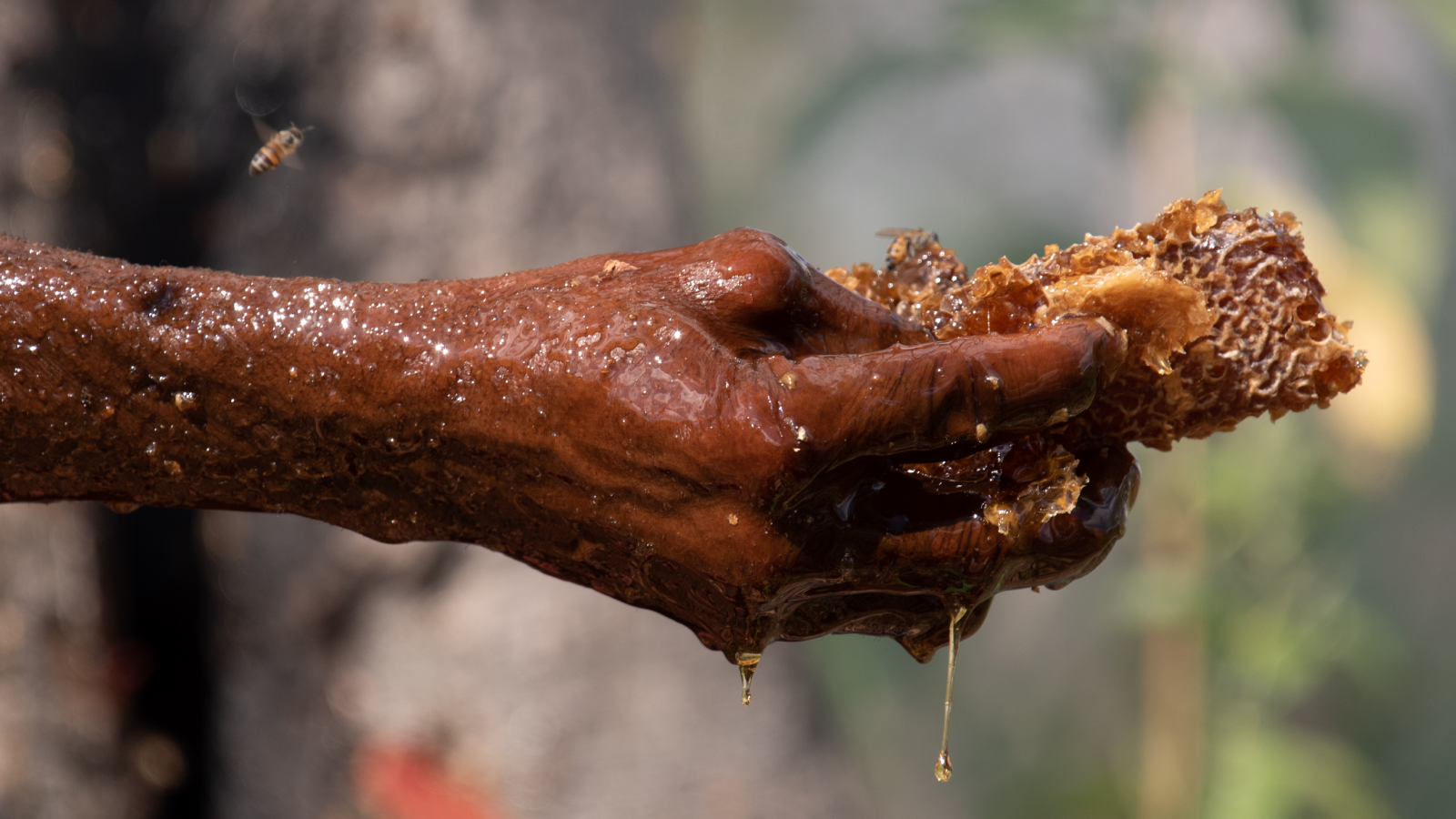
Stephanie Pappas
Stephanie Pappas is a contributing writer for Live Science, covering topics ranging from geoscience to archaeology to the human brain and behavior. She was previously a senior writer for Live Science but is now a freelancer based in Denver, Colorado, and regularly contributes to Scientific American and The Monitor, the monthly magazine of the American Psychological Association. Stephanie received a bachelor's degree in psychology from the University of South Carolina and a graduate certificate in science communication from the University of California, Santa Cruz.
Latest articles by Stephanie Pappas

RFK's handpicked advisers are coming for the childhood vaccine schedule. Here's what to know.
By Stephanie Pappas published
The Advisory Committee on Immunization Practices may vote to disrupt the childhood vaccine schedule, despite what experts say is a lack of evidence to do so.
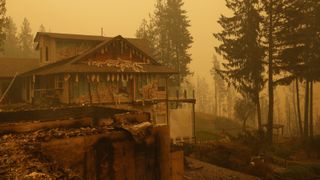
Canada's 2023 wildfires contributed to 87,000 early deaths worldwide, study estimates
By Stephanie Pappas published
The health impacts from Canada's worst wildfire stretched into Europe, Asia and Africa, a new study reveals.

'We know what to do; we just have to implement it.': Pregnancy is deadlier in the US than in other wealthy countries. But we could fix that.
By Stephanie Pappas published
Cuts to Medicaid and legal confusion around patient care post-Roe v. Wade may prevent improvements in the maternal mortality rate.

Toxic chemicals that pollute groundwater are formed up in the stratosphere, surprise findings show
By Stephanie Pappas published
Perchlorates, a group of toxic chemicals that pollute groundwater, first form on rare particles in the stratosphere, scientists have discovered.
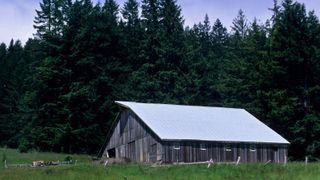
Mystery quake that rocked Northern California in 1954 came from 'eerily quiet' Cascadia Subduction Zone
By Stephanie Pappas published
Scientists link a magnitude 6.5 earthquake that shook Humboldt Bay, California, 71 years ago to the "locked" Cascadia Subduction Zone.
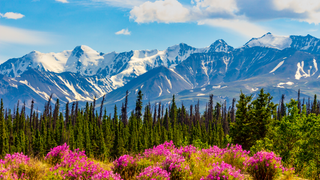
'Sleeping giant' fault beneath Canada could unleash a major earthquake, research suggests
By Stephanie Pappas published
A new assessment of the enormous Tintina fault suggests it has been slowly accumulating strain over thousands of years.
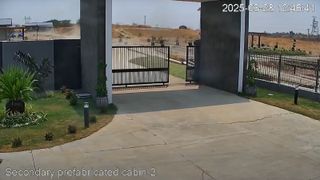
First video of an earthquake fault cracking has revealed another surprise
By Stephanie Pappas published
A stunning video of the ground cracking during a magnitude 7.7 earthquake in Myanmar is revealing new surprises.
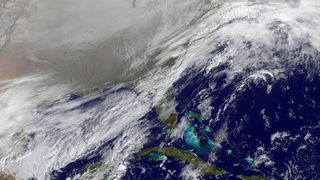
Scientists discover changes to the polar vortex that are plunging parts of US into deep freeze
By Stephanie Pappas published
When the polar vortex stretches, North America feels the chill. New research reveals some of the stratospheric patterns controlling these cold snaps.
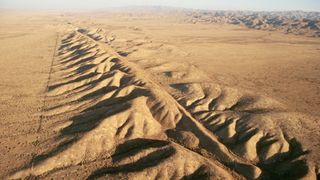
The San Andreas Fault: Facts about the crack in California's crust that could unleash the 'Big One'
By Stephanie Pappas published
California's San Andreas Fault is capable of triggering a massive earthquake. Here's what to know about this famous location often associated with earthquakes.
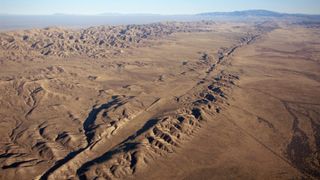
Almost half of California's faults — including San Andreas — are overdue for earthquakes
By Stephanie Pappas published
California's earthquakes are far more likely to be "overdue" compared with earthquakes in the rest of the world.

Alan Turing's seminal papers, almost destroyed by a shredder, head to auction
By Stephanie Pappas published
The trove of papers from pioneering computer scientist Alan Turing was discovered in a loft.
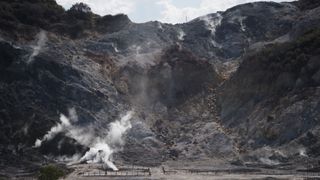
Hidden layer beneath Italy's Campi Flegrei caldera may explain why it's so restless
By Stephanie Pappas published
According to new research, the active volcano that sits west of Naples has a "tuff" layer about two miles beneath the surface that traps volcanic gases deep below the caldera's floor.

The history of cat domestication
By Marilyn Perkins, Stephanie Pappas last updated
Discover the history of our feline friends, and learn about the debate over whether cats are really "domesticated" at all.
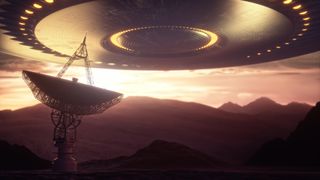
Aliens: Facts about extraterrestrial life and how scientists are looking for it
By Stephanie Pappas published
Discover interesting facts about where alien life forms are likely to exist, and what they look like.
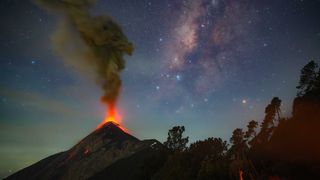
See the best Milky Way photos of the year
By Stephanie Pappas published
Mind-boggling beauty abounds in photographs from around the globe submitted to this year's Milky Way Photographer of the Year contest.
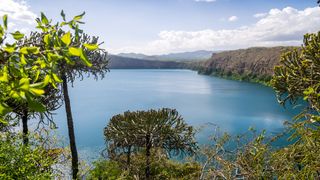
150,000-year history of Earth's magnetic field reveals clues about the climate when early humans were spreading out of Africa
By Stephanie Pappas published
The record sheds light on the climate early humans experienced when they were spreading out of Africa.
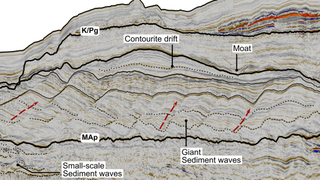
Gigantic 'mud waves' buried deep beneath the ocean floor reveal dramatic formation of Atlantic when Africa and South America finally split
By Stephanie Pappas published
Enormous "mud waves" buried under the Atlantic seabed formed 117 million years ago as the Atlantic Ocean opened up.

First-of-its-kind video captures the terrifying moment the ground tore apart during major Myanmar earthquake
By Stephanie Pappas published
A security camera near Thazi, Myanmar, captured the earth cracking during a magnitude 7.7 earthquake in March.
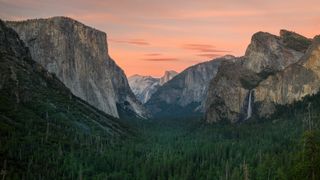
Yosemite's ultra-deep canyon may have been carved in part by a ghost volcano and river, provocative research suggests
By Stephanie Pappas published
A river that drained the slopes of a now-vanished volcano may have carved Yosemite Valley's depths during the last 10 million years.

What does the Pope do, anyway?
By Stephanie Pappas, Kristina Killgrove last updated
New pope's schedule will be 'exhausting.'

People really can communicate with just their eyes, study finds
By Stephanie Pappas published
New research reveals how humans communicate through their gaze.
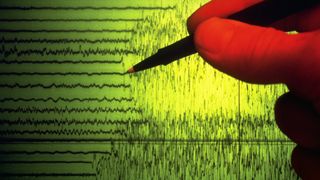
'The Big One' could rock the Pacific Northwest and fuel sea-level rise and massive flooding
By Stephanie Pappas published
The geology of the Cascadia subduction zone has largely staved off climate-related sea-level rise in the Pacific Northwest, but that could reverse in an instant.
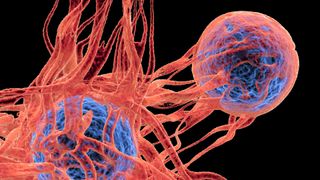
Simple blood test could help reveal whether melanoma will come back
By Stephanie Pappas published
A new study finds that fragments of tumor DNA in a patient's bloodstream could show that they are at high risk of a melanoma recurrence.
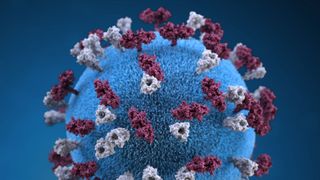
Measles has long-term health consequences
By Stephanie Pappas published
Measles can erase the immune system's "memory" and cause a rare but fatal health condition. The MMR vaccine prevents these repercussions, evidence shows.
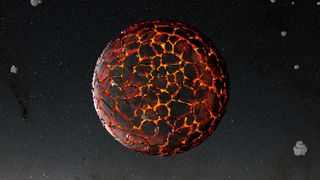
An ocean of magma formed early in Earth's history and it may still influence our planet today, study finds
By Stephanie Pappas published
Remnants of a liquid layer of magma near Earth's core, formed in the first few hundred million years of the planet's history, may still persist today as odd anomalies in the mantle.
Get the world’s most fascinating discoveries delivered straight to your inbox.
